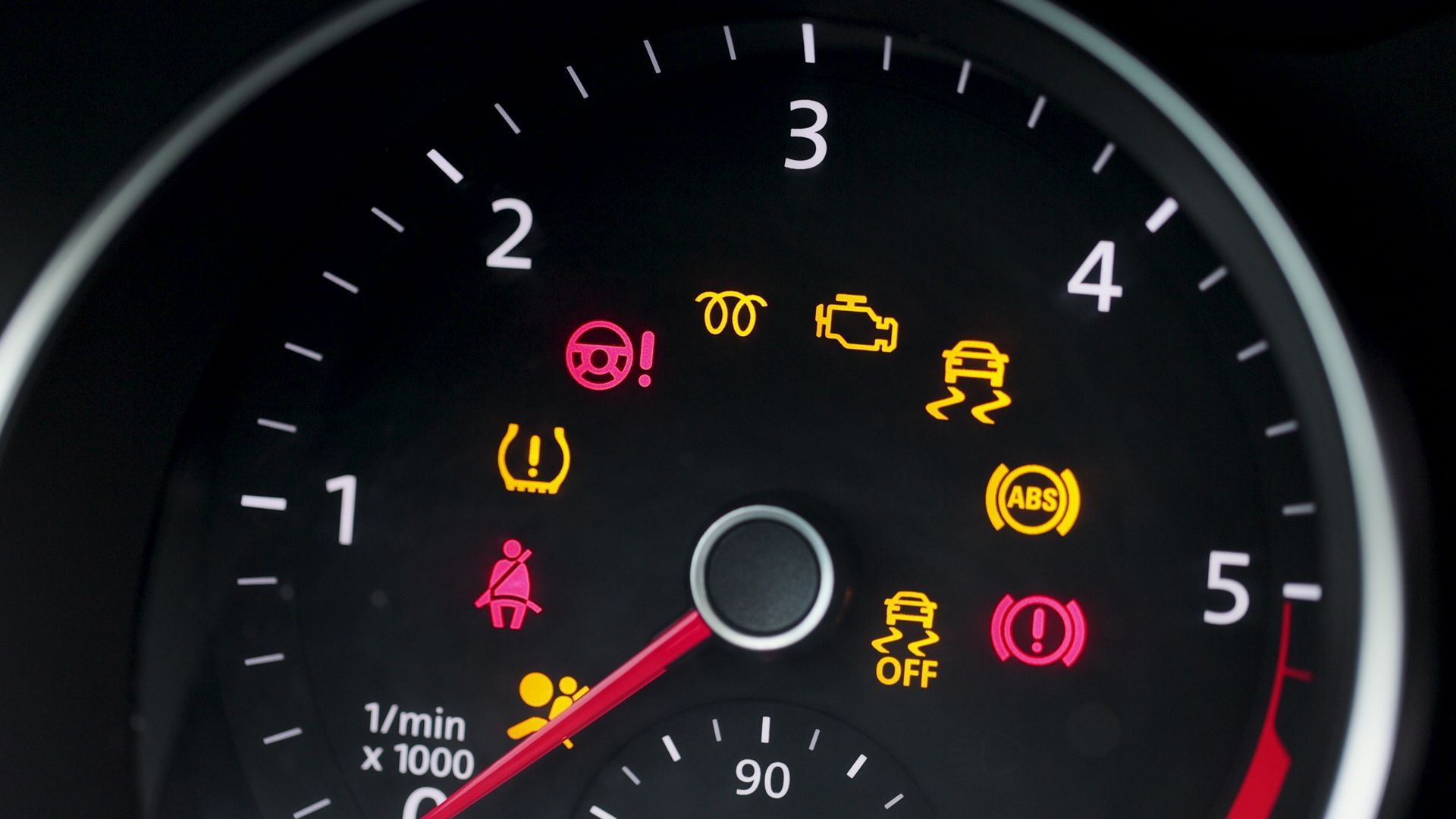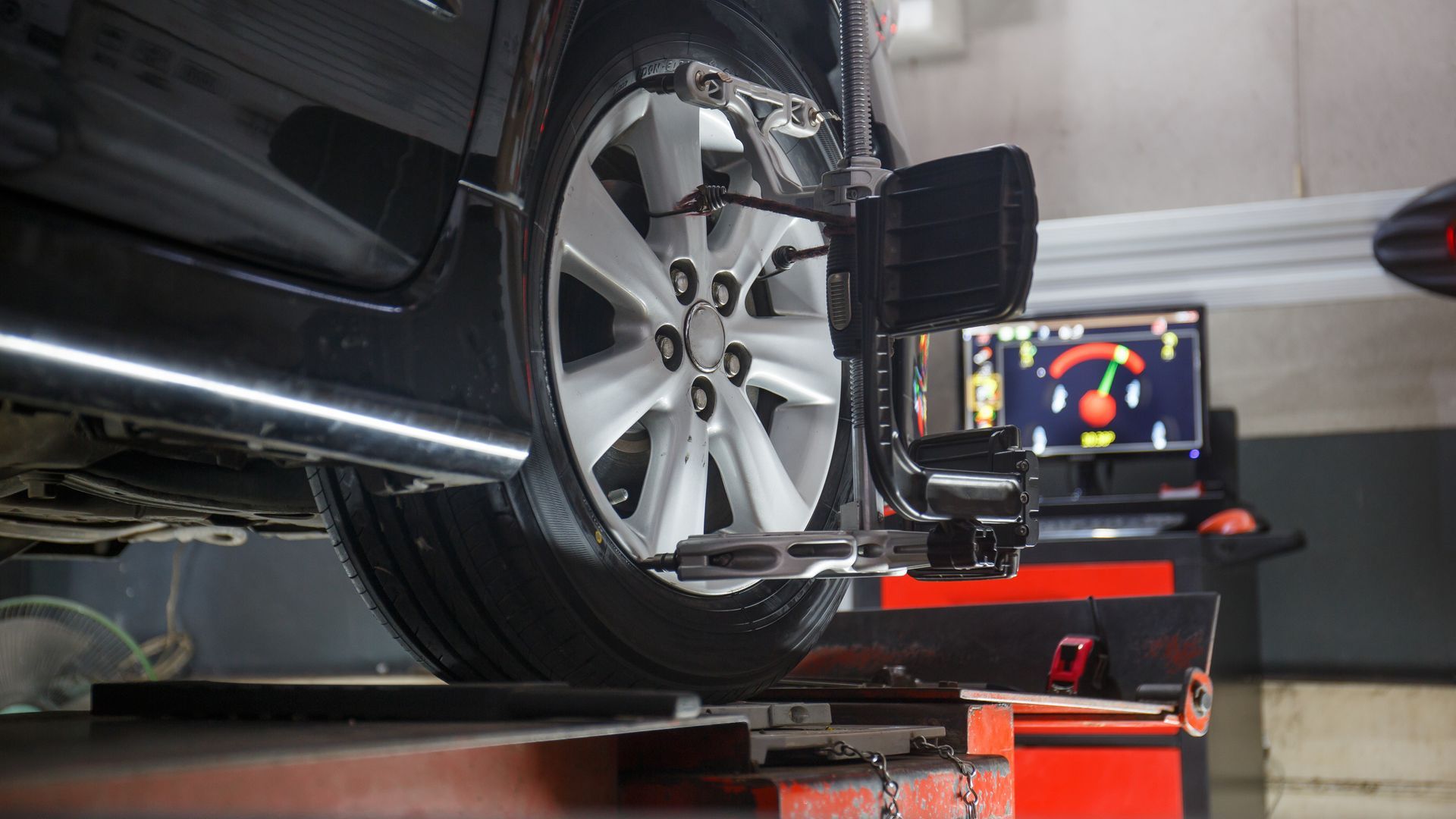Cars today are just as much computers as they are machines. From controlling your engine to adjusting your headlights, modern vehicles rely heavily on onboard computer systems to keep everything running as it should. But when something goes wrong with those systems, it’s not always as simple as popping the hood.
So how can you tell if your car’s computer is acting up—and more importantly, what can you do about it?
How Do Car Computers Work
Nearly every system in a modern vehicle is monitored and managed by electronic control modules. The most well-known is the ECM (Engine Control Module), but there are also computers for your transmission, brakes (ABS), airbags, infotainment, and more. These modules constantly exchange data with sensors and make adjustments in real-time based on what’s happening inside and outside the vehicle.
For example, if the engine runs too hot, the ECM can enrich the fuel mixture or activate cooling fans. If a wheel loses traction, the ABS module adjusts brake pressure. All of this depends on a constant flow of clean, accurate electrical signals.
When one of these systems misfires—or gets incorrect data—errors can occur. That’s when you’ll notice warning lights, strange performance issues, or functions that stop working altogether.
Common Symptoms of Computer Problems
Computer-related issues often start small but can escalate quickly. Some of the most common signs include:
- Random warning lights on the dashboard, especially if multiple come on at once
- Unexplained loss of power or throttle response
- Erratic idling or stalling
- Features like cruise control, windows, or locks behaving unpredictably
- A car that won’t start, even though the battery is fine
You might also notice intermittent issues—things that only happen occasionally or under certain conditions. These can be harder to trace, but often point to sensor failures or a failing connection within the computer system.
Where to Begin Troubleshooting
The first step in identifying computer-related issues is to scan for diagnostic trouble codes (DTCs). We use a scan tool to interface with the vehicle’s onboard systems and retrieve stored codes. These codes don’t always give a clear-cut answer, but they provide a starting point.
For example, a P0300 code might indicate random misfires, but the root cause could be anything from bad spark plugs to a faulty crankshaft position sensor. That’s why professional diagnostics matter—reading the code is just the beginning.
Once codes are retrieved, the technician checks live data to see how sensors and components are behaving in real time. They may also perform voltage and continuity tests to check wiring and connectors.
Don’t Overlook the Basics
Sometimes, what looks like a computer issue is actually a power or grounding problem. Low battery voltage, corroded battery terminals, or poor ground connections can disrupt communication between control modules.
Loose fuses, faulty relays, or damaged wiring can also throw off signals and create confusing symptoms. These are often overlooked by DIYers trying to solve computer problems by replacing parts blindly.
If your vehicle recently had any electrical work done—or suffered from water exposure, rodents, or corrosion—those are prime suspects when modules start acting up.
Repair or Replace a Module
In most cases, it’s not the module itself that fails—it’s a bad input (like a sensor), a power supply issue, or a ground fault. But when a module is damaged by voltage spikes, overheating, or internal faults, it may need to be reprogrammed or replaced.
Newer vehicles require reflashing or coding when replacing certain modules. This ensures the new unit is configured to your specific make, model, and features. Not all repair shops can perform this service, so choosing one that has the right tools and training is critical.
NC Complete Auto Care – Trusted Diagnostics in Cary, NC
If your dashboard lights are going haywire or your car just doesn’t feel right, let
NC Complete Auto Care in Cary, NC, take a look. We specialize in electrical diagnostics and computer system repairs, using factory-level scan tools and expert insight to identify the real cause—not just the symptoms.










